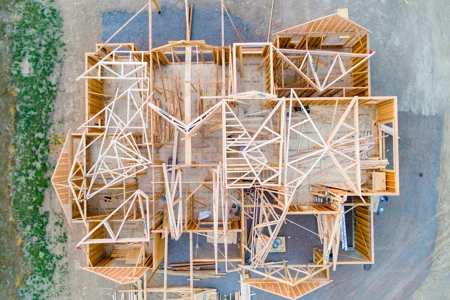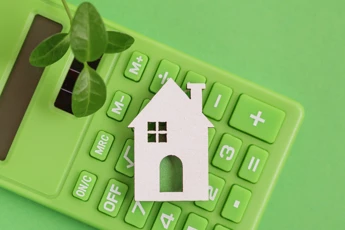In fact, between October and December 2021, nearly 84% of new build houses delivered an EPC rating of A or B1, which are the top classifications in energy efficiency standards.
In contrast, 81% of existing properties only received a rating of C or D. While C is going to be the minimum from 2025 for landlords and 2035 for social housing, having a higher rating is a massive selling point for both buyers and sellers.
What is an EPC rating?
An EPC is a document that ranks a property in terms of its energy efficiency. When buying a new build, the developer should provide an EPC within five days of completion of the project. They should also provide a recommendation report and notify building control. An EPC is necessary for a building to go up for sale or rent.
Why EPC ratings matter
With the government’s net zero goal promises, it’s of the utmost importance to consider a home’s EPC rating for both investors, home-occupiers, and landlords. Because new builds often come with higher energy ratings, as a buyer it’s well worth investing in new developments.
For example, a home with an EPC rating of A or B is typically worth around 14% more than a home with a rating of F or E. This can equate to around £15,000 across the board2.
Investing in a home with a great EPC rating means you could have access to products such as green mortgages, pay lower interest rates3 and save money on your energy bills.
You can continue the trend of sustainable living by looking at ways to decorate with eco-friendly materials and even tailor your garden with green landscaping.
Consult a professional
With all the changes coming up, it can be confusing when you’re trying to tackle mortgages for the first time (or the second or third!). If you’re looking at investing in a new build home and want advice or answers to your questions, get in touch with a mortgage adviser today.
References
Important information
Your home may be repossessed if you do not keep up repayments on your mortgage.
There may be a fee for mortgage advice. The actual amount you pay will depend on your circumstances. The fee is up to 1% but a typical fee is 0.3% of the amount borrowed.




